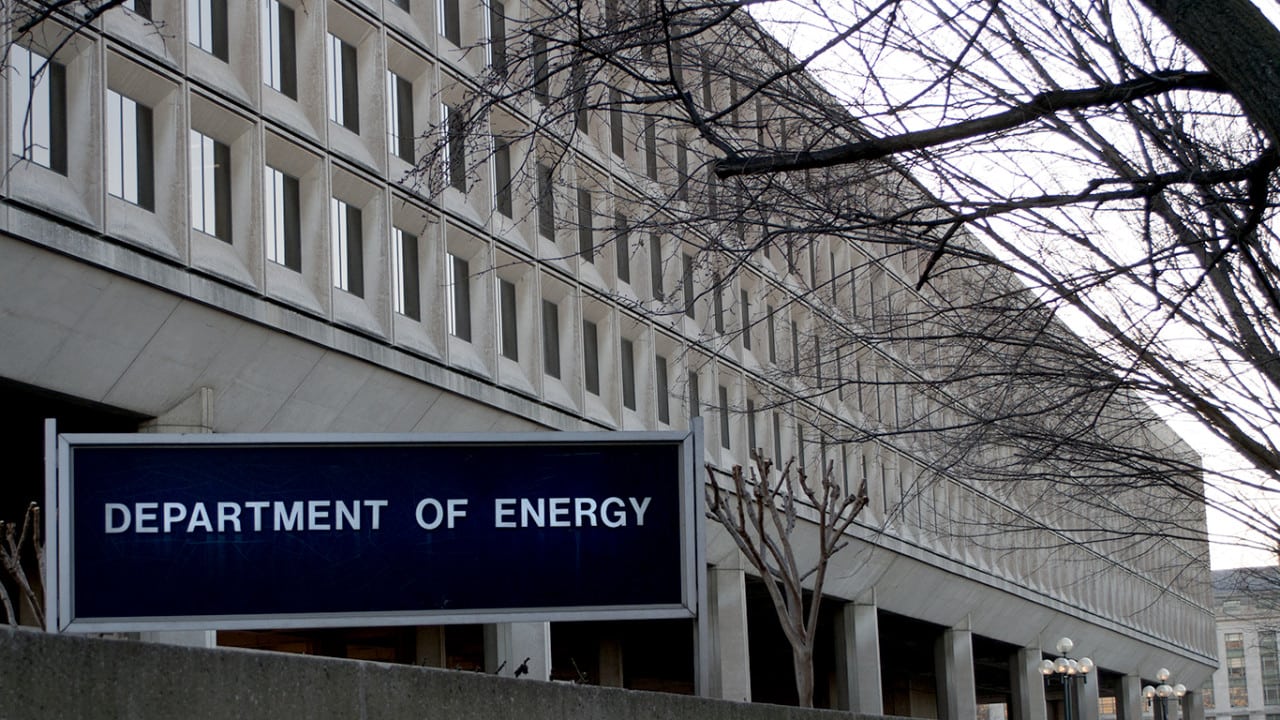
The House of Representatives voted 220-207 Wednesday to approve the 2023 Energy and Water Appropriations Act, which includes $7.9 billion for the Department of Energy’s cleanup of Cold War and Manhattan Project sites.
With a little more than two months left in fiscal 2022, the package of six spending bills, including funds for DOE’s Office of Environmental Management (EM) and the semiautonomous National Nuclear Security Administration, await action by the Senate.
Defense environmental cleanup, the largest chunk of funding in the EM budget, would stay at roughly $6.7 billion during the fiscal year starting Oct. 1. The administration of President Joe Biden sought $7.1 billion, including a transfer of $417 million into the Uranium Enrichment Decontamination and Decommissioning Fund (UED&D) that the House bill does not provide.
Instead, the appropriations bill directly provides $823 million for the UED&D fund, used for remediation of uranium enrichment plants in Kentucky, Ohio and Tennessee. The figure is down from the 2022 level of $860 million and slightly above the $822 million requested by the administration.
Non-defense environmental cleanup under the House’s energy and water would remain flat year-over-year from the fiscal 2022 appropriation of about $334 million.
The House bill also declined to increase liquid waste spending at the Hanford Site at the expense of solid waste cleanup at the former plutonium production site in Washington state. The Biden administration asked for the change as part of a supplemental spending request released in June.
The administration, after initially requesting $7.6 billion for EM in March, issued the supplemental request in June, raising the overall ask for EM to roughly the fiscal 2022 level of $7.9 billion. The cleanup budget has been higher than $7 billion every year since fiscal 2018.
Under the House bill, Hanford’s Richland Operations Office would remain flat at $950 million rather than taking the $25 million haircut proposed by the administration. The Office of River Protection, which oversees 56 million gallons of liquid radioactive and chemical waste, would again be funded at about $1.65 billion, rather than the $1.69 billion requested.
Wednesday vote on the House Floor was 220-207 along party lines, with all Democrats voting in favor and all Republicans going against it. The four not-present votes included two former members who died and two who resigned.
The Senate Appropriations Committee has said it will not publish its version of the dozen annual appropriations bills for 2023 until the end of July. If Congress takes its annual August recess, that would leave only about a month for the chambers to either reconcile any differences in their 2023 spending proposals or extend 2022 budgets under a continuing resolution until a reconciliation is possible.
Continuing resolutions, which keep the federal government open when Congress fails to pass a new budget by the Oct. 1 start of the new fiscal year, have become common since the late 1990s.